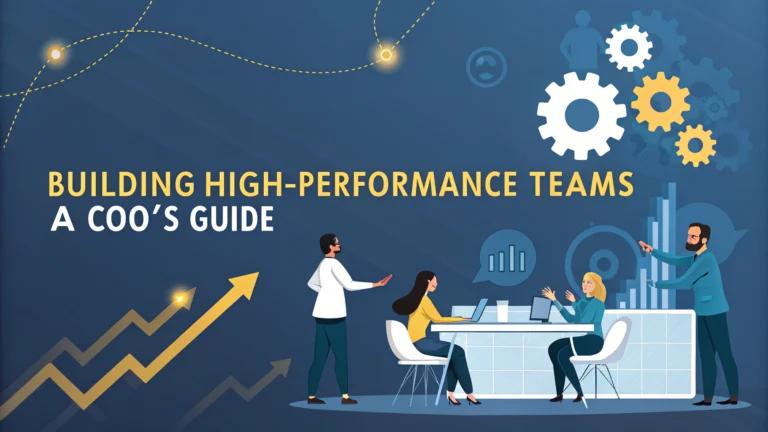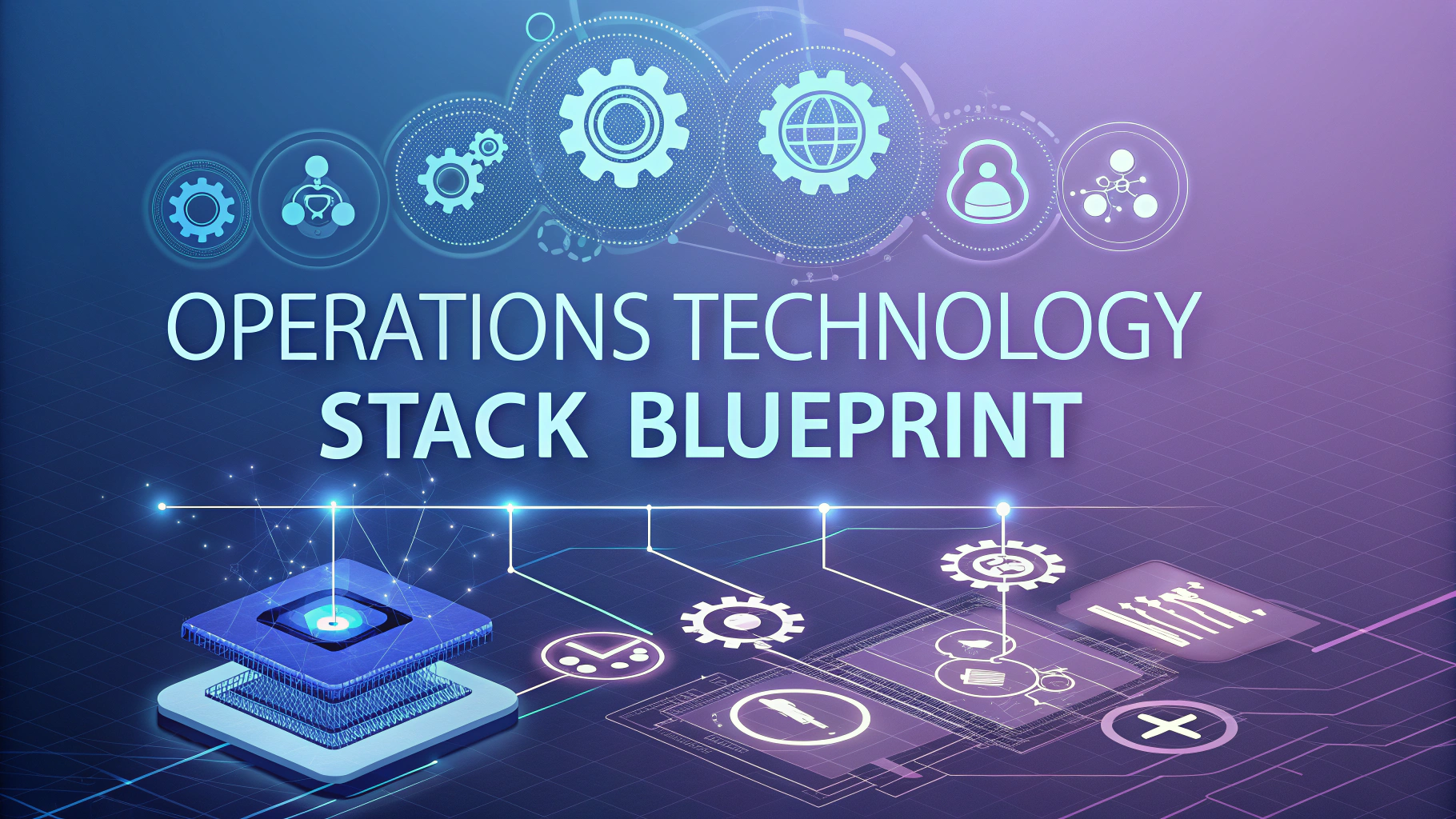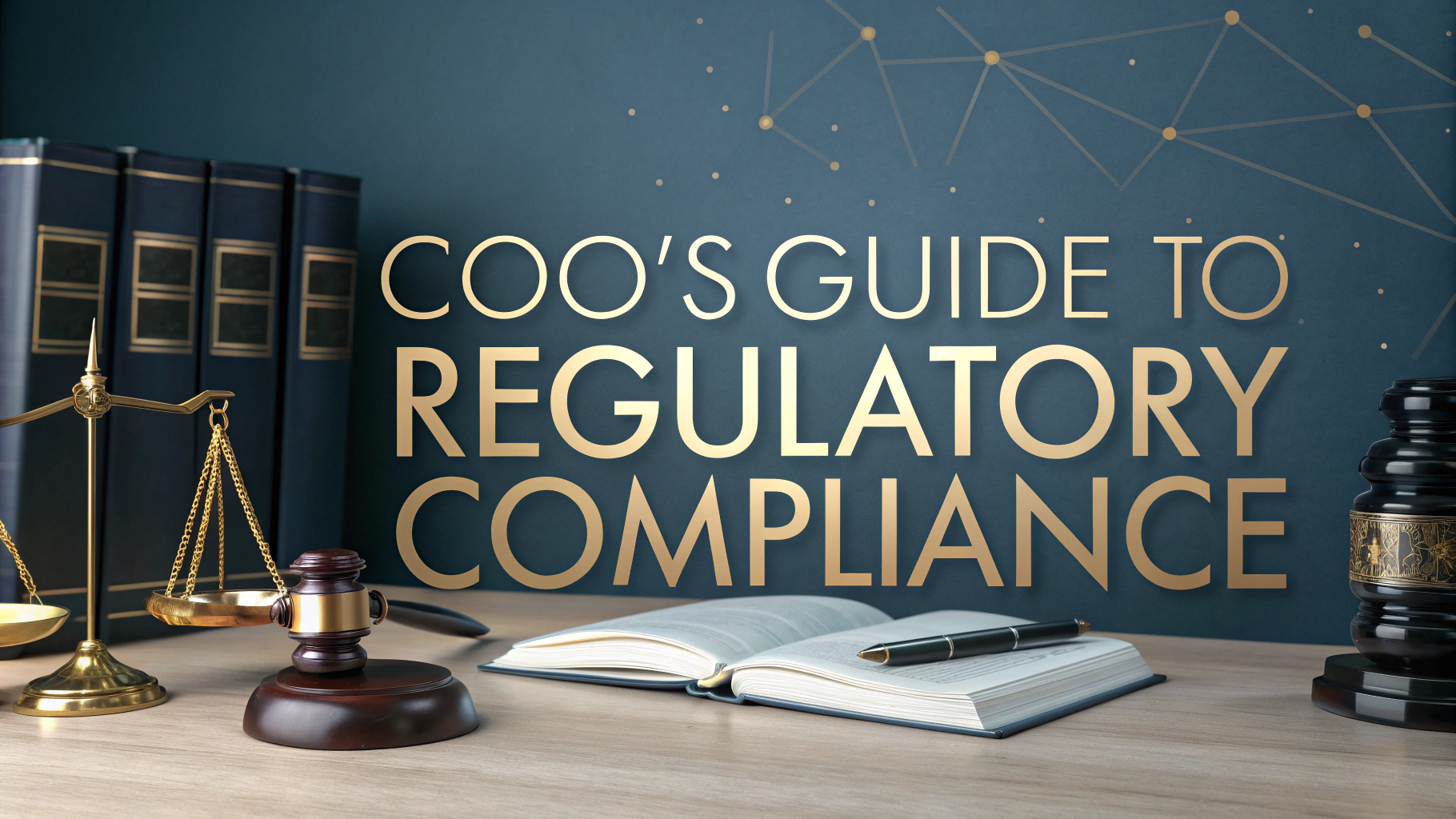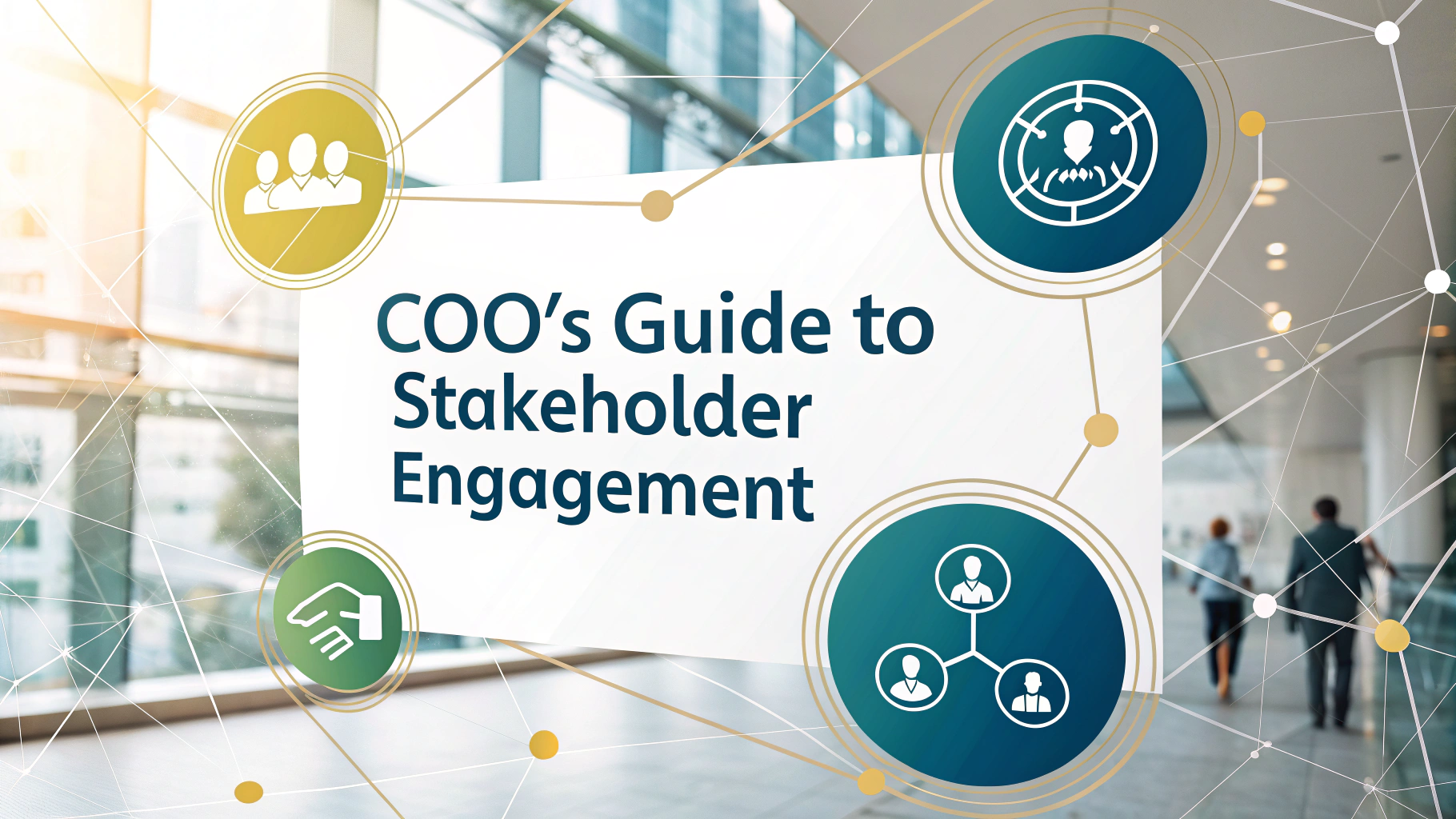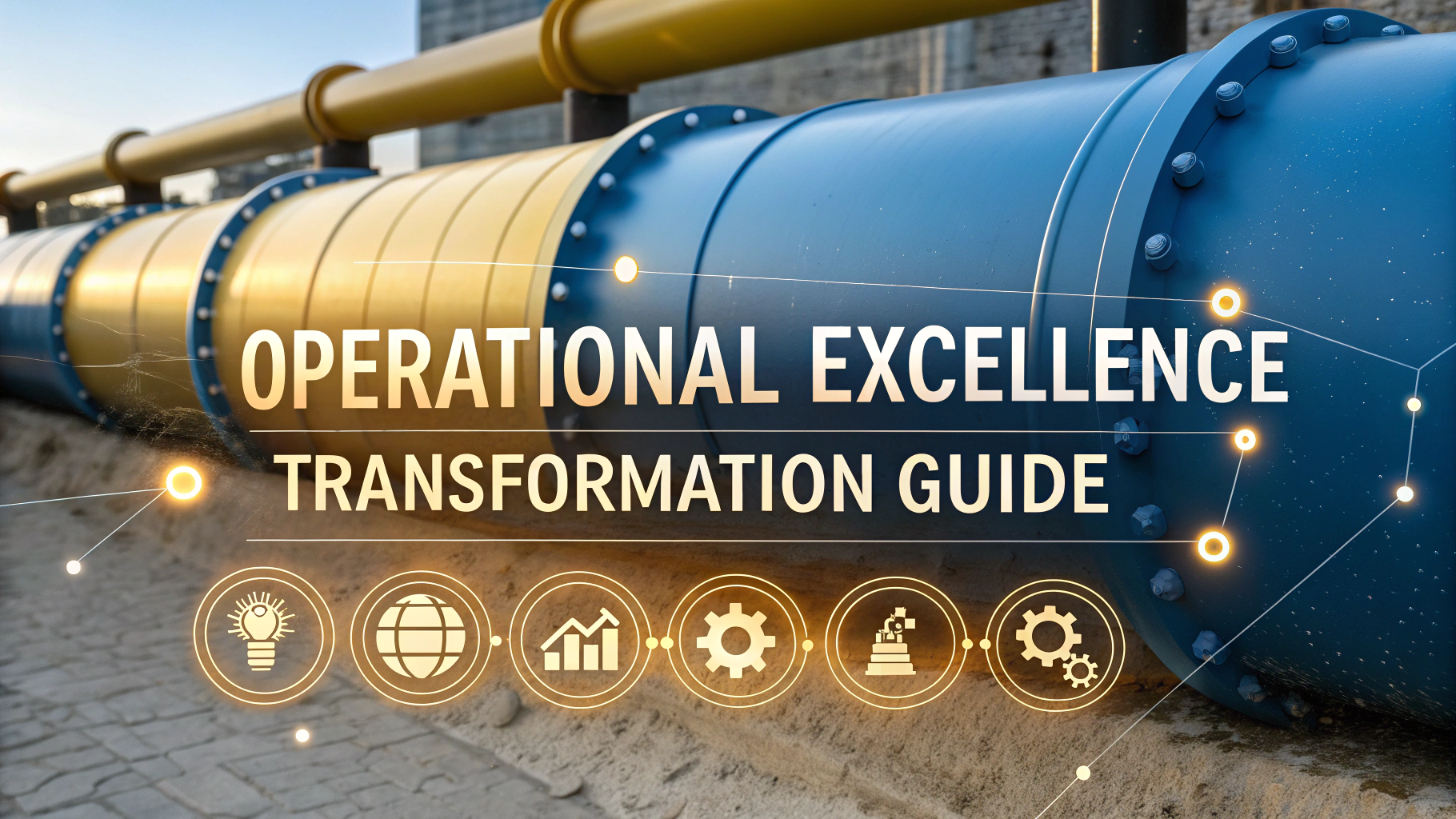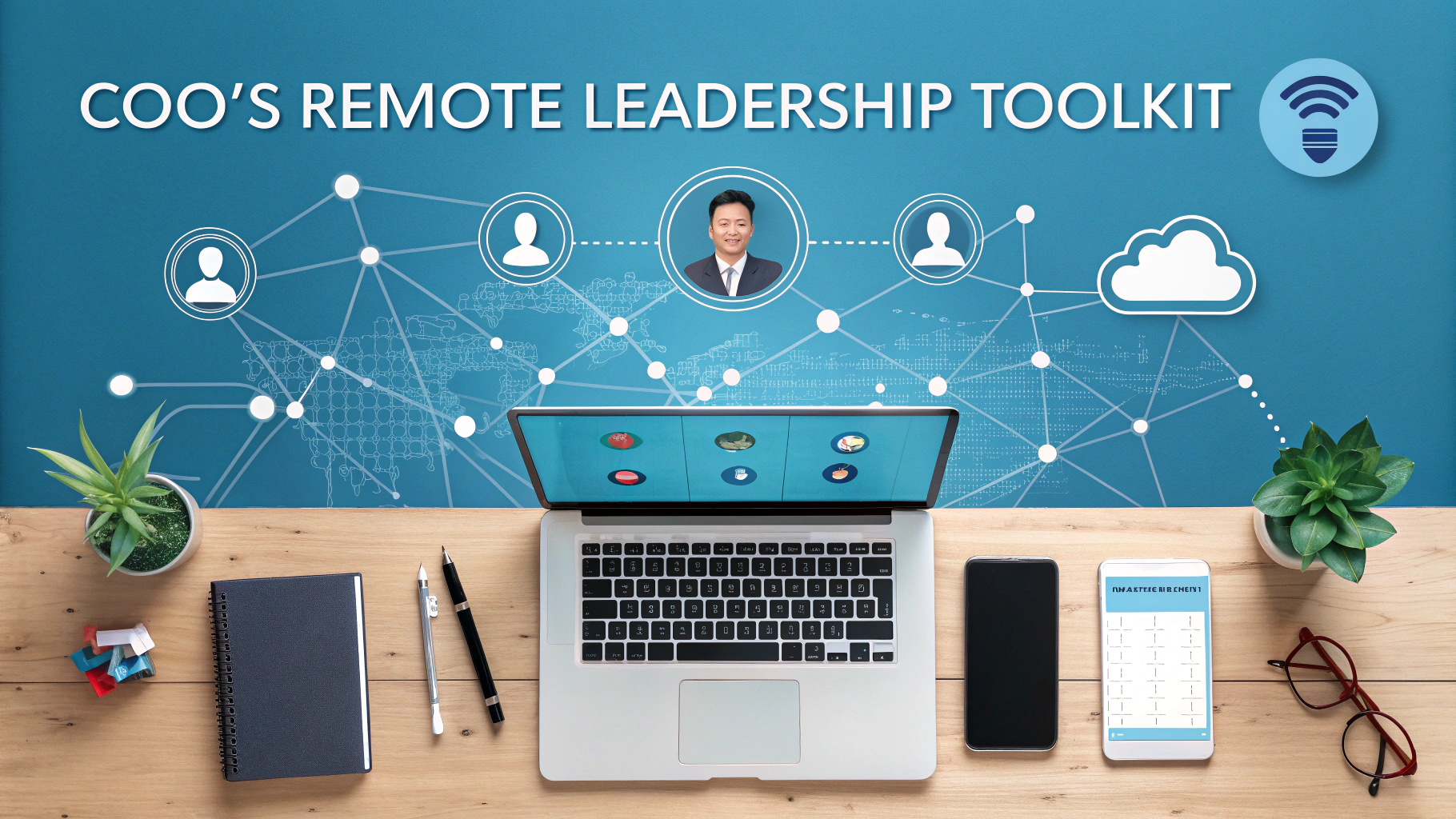A high-performance team can transform an organization’s productivity, innovation, and bottom line.
As a Chief Operating Officer (COO), building and maintaining these dynamic teams requires careful planning, strong leadership, and specific strategies that align with organizational goals.
This guide explores practical methods for COOs to create, develop, and sustain high-performing teams while avoiding common pitfalls that can derail team success.
Team Foundation Elements
- Clear objectives and expectations
- Defined roles and responsibilities
- Open communication channels
- Accountability frameworks
- Performance metrics
Selecting Team Members
The selection process should focus on both technical skills and cultural fit.
- Assessment of technical capabilities
- Evaluation of soft skills
- Cultural alignment check
- Diversity consideration
- Team dynamic compatibility
Creating Effective Communication Systems
| Communication Type | Tool Examples | Best Practices |
|---|---|---|
| Daily Updates | Slack, Microsoft Teams | Keep messages brief and focused |
| Project Planning | Asana, Jira | Set clear deadlines and responsibilities |
| Team Meetings | Zoom, Google Meet | Establish agenda and time limits |
Performance Measurement
Implement KPIs that align with organizational goals and team objectives.
- Team productivity metrics
- Quality indicators
- Customer satisfaction scores
- Project completion rates
- Innovation metrics
Team Development Strategies
Regular training and development opportunities keep teams sharp and engaged.
- Skills workshops
- Leadership development programs
- Cross-functional training
- Mentoring programs
- Industry certifications
Conflict Resolution Framework
- Identify the source of conflict
- Gather perspectives from all parties
- Facilitate open discussion
- Develop solution options
- Implement and monitor resolution
Recognition and Rewards
Create a balanced system of recognition that motivates and retains top talent.
- Performance-based bonuses
- Team achievement celebrations
- Professional development opportunities
- Peer recognition programs
- Work-life balance initiatives
Building Team Resilience
Teams must be equipped to handle challenges and maintain performance under pressure.
- Stress management training
- Change management protocols
- Crisis response planning
- Team building exercises
- Regular feedback sessions
Moving Forward: Your Action Plan
Start with a team assessment to identify current strengths and areas for improvement.
For additional support, consider consulting with HR professionals or team development specialists.
Contact the Society for Human Resource Management (SHRM) at 800-283-7476 or visit www.shrm.org for more resources on team building and management.
Technology Integration
Leverage technology solutions to enhance team collaboration and efficiency.
- Cloud-based collaboration tools
- Project management software
- Data analytics platforms
- Automation solutions
- Digital workspace environments
Remote Team Management
Adapt leadership strategies for distributed teams while maintaining performance standards.
- Virtual team building activities
- Time zone management
- Digital culture development
- Remote work policies
- Online collaboration protocols
Risk Management
Internal Risks
- Team burnout
- Skill gaps
- Resource allocation
- Communication breakdowns
External Risks
- Market changes
- Competitive pressures
- Regulatory compliance
- Economic factors
Sustaining Long-Term Excellence
Create systems that maintain team performance and motivation over time.
- Regular performance reviews
- Career progression planning
- Knowledge management systems
- Succession planning
- Continuous improvement protocols
Empowering Teams for Future Success
High-performing teams require ongoing attention, resources, and strategic leadership from COOs. Success depends on building strong foundations, maintaining clear communication, and creating an environment where innovation and excellence can flourish.
Remember that team development is an iterative process. Regular assessment and adjustment of strategies ensure continued growth and achievement of organizational objectives.
Begin implementing these strategies gradually, measuring their impact, and refining your approach based on team feedback and performance metrics.
FAQs
- What are the key elements of a high-performance team?
Clear goals, strong leadership, effective communication, complementary skills, mutual accountability, trust, and shared commitment to results. - How can a COO measure team performance effectively?
Through KPIs, productivity metrics, employee engagement surveys, customer satisfaction scores, project completion rates, and regular performance reviews. - What is the optimal size for a high-performance team?
Research shows that teams of 5-9 members typically perform best, as this size allows for diverse skills while maintaining effective communication and coordination. - How often should team performance reviews be conducted?
Formal reviews quarterly, with ongoing feedback sessions weekly or bi-weekly, and annual comprehensive assessments. - What role does psychological safety play in team performance?
It’s crucial for enabling open communication, innovation, and risk-taking, allowing team members to express ideas and concerns without fear of negative consequences. - How can a COO address underperformance in teams?
By identifying root causes, providing clear feedback, establishing improvement plans, offering necessary resources and training, and monitoring progress regularly. - What are effective strategies for team conflict resolution?
Active listening, facilitating open dialogue, focusing on facts rather than emotions, establishing clear resolution processes, and ensuring fair outcomes. - How can remote teams maintain high performance?
Through regular virtual meetings, clear communication protocols, proper digital tools, established work routines, and intentional virtual team building activities. - What role does diversity play in team performance?
Diverse teams typically demonstrate enhanced problem-solving capabilities, innovation, and decision-making through varied perspectives and experiences. - How should teams adapt to rapid organizational change?
Through clear communication of changes, agile methodologies, continuous learning opportunities, and maintaining focus on core objectives while being flexible in approach.
